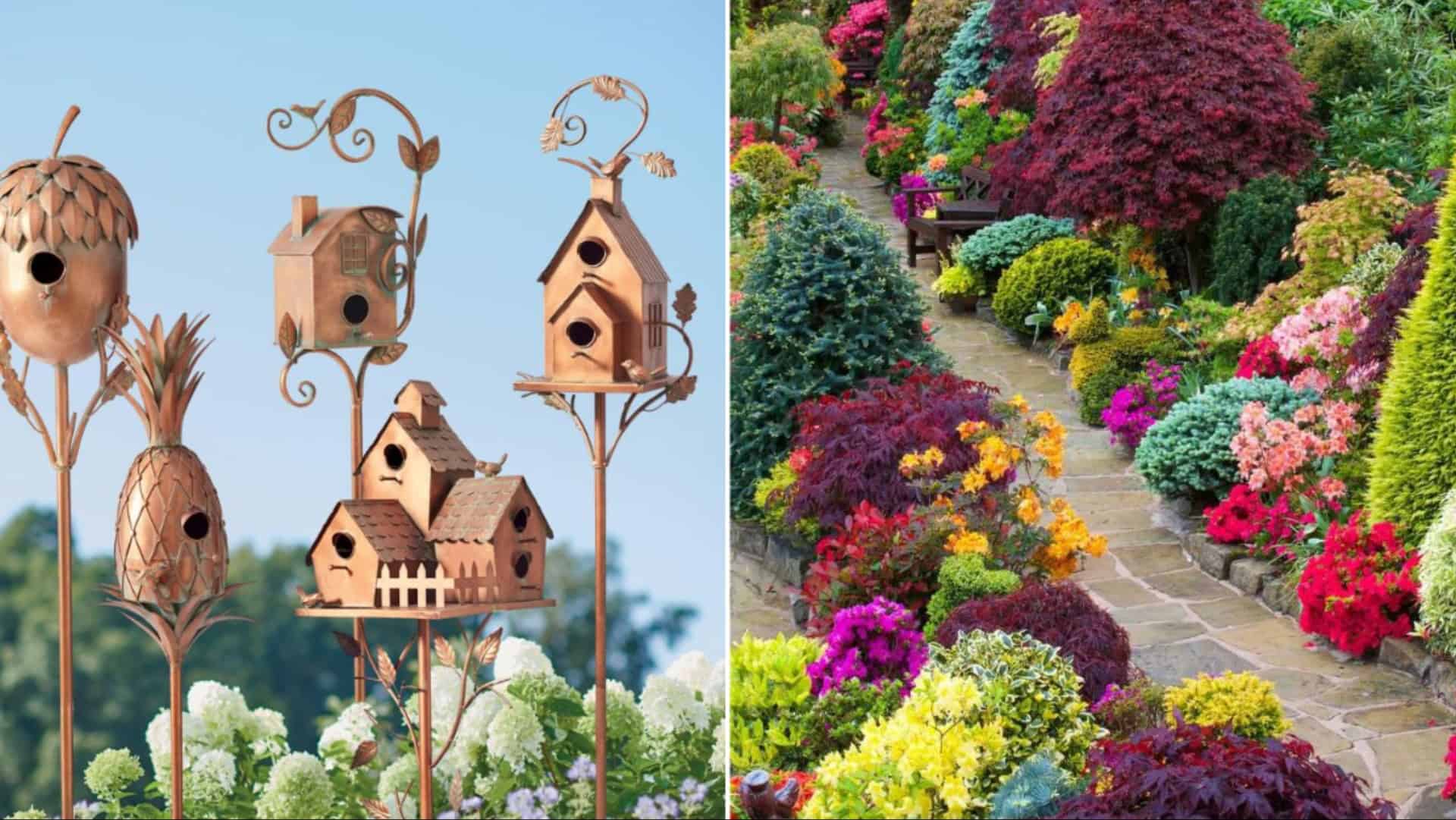Creating a garden that welcomes and supports wildlife is a rewarding endeavor that benefits the ecosystem and brings joy to any gardener.
By making small changes and being mindful of nature’s needs, you can transform your garden into a thriving habitat for birds, insects, and other wildlife.
Here are eight effective ways to partner with nature and make your garden a haven for wildlife.
1. Build a Birdhouse
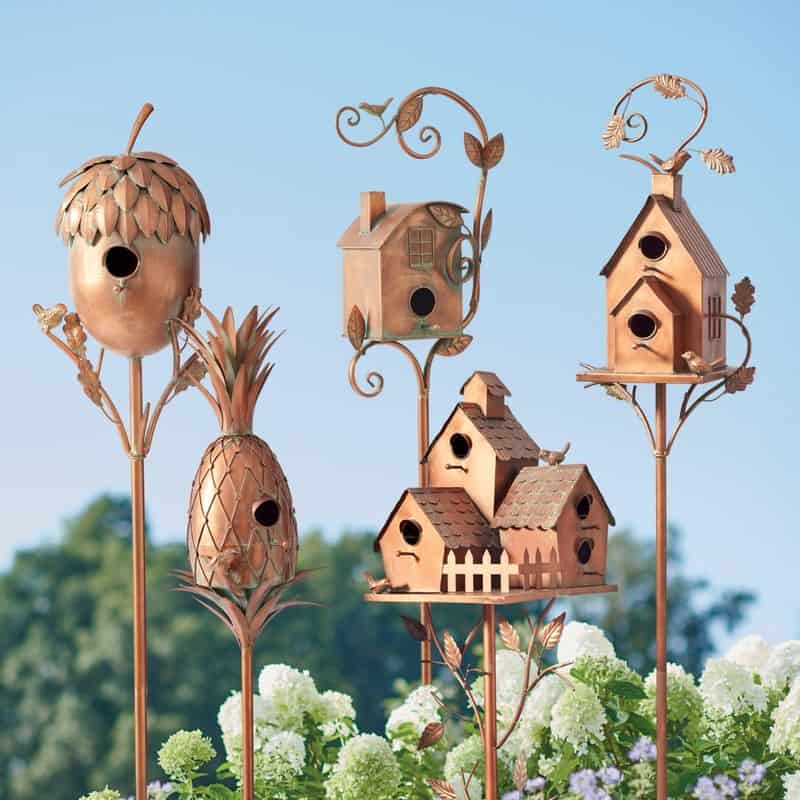
Birdhouses provide shelter and nesting places for birds. Placing them in your garden attracts various bird species.
Ensure the entrance hole size suits the birds you want to attract. Keep the birdhouse clean regularly to prevent disease.
Position it away from predators like cats. Enjoy watching birds make it their home. This simple addition not only enhances your garden’s beauty but also supports bird populations.
2. Plant Native Flowers
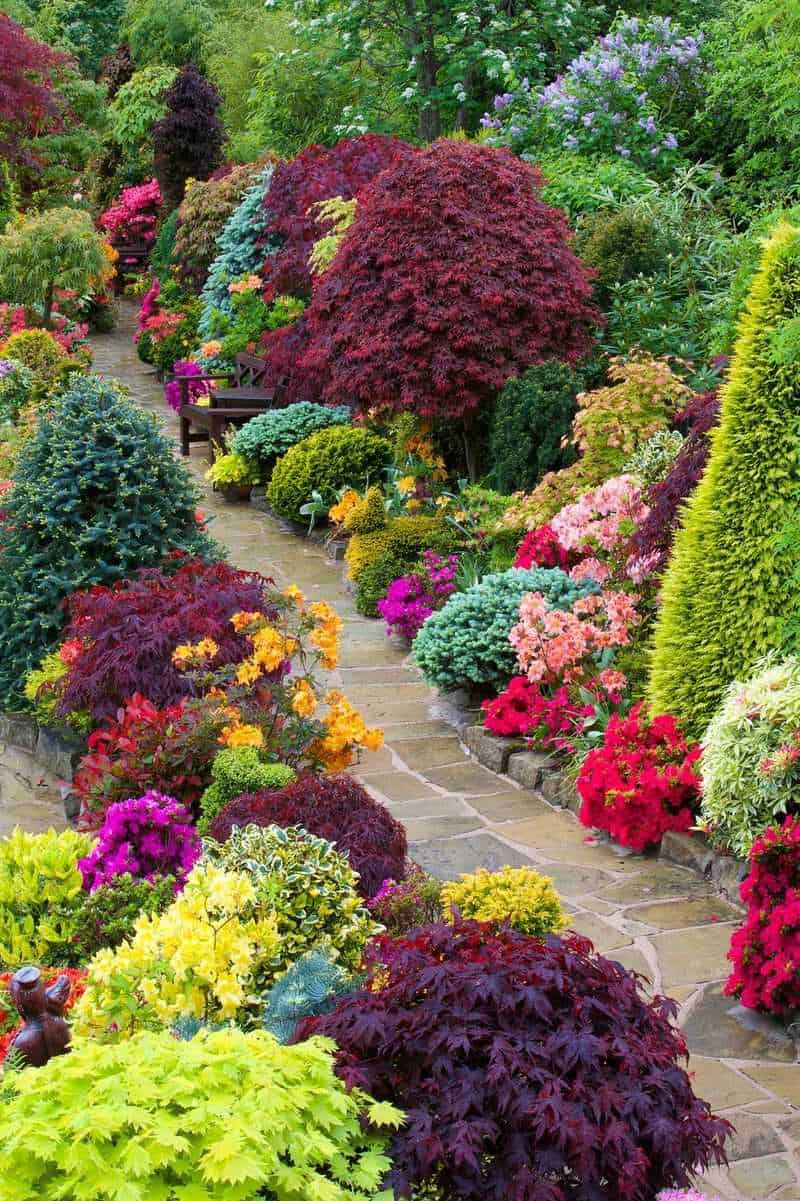
Native flowers are crucial for local wildlife, providing nectar and pollen. They adapt well to local climates, requiring less maintenance.
Choose a variety of flowers to bloom through the seasons. This ensures a continuous food supply for pollinators.
Creating a diverse plant community attracts various insects and birds, enhancing biodiversity in your garden. Support nature by choosing native plants.
3. Install a Pond
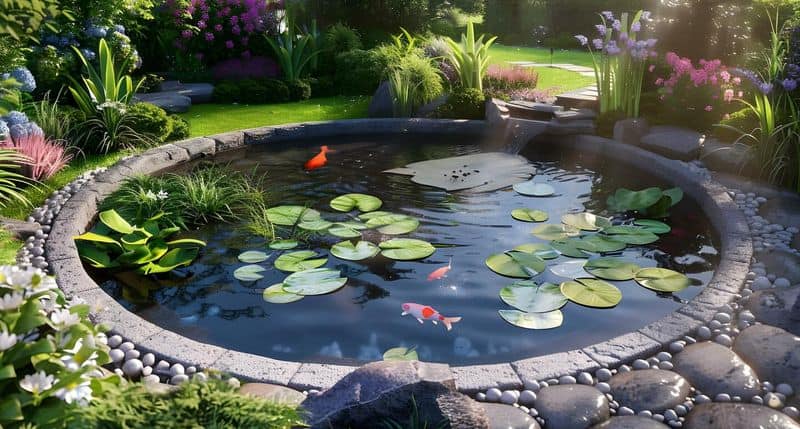
A pond adds life to your garden, attracting amphibians and insects. It creates a mini-ecosystem supporting species like frogs and dragonflies.
Ensure the pond has shallow edges for easy access. Plant aquatic plants for shelter and oxygen.
Regular maintenance like cleaning debris keeps water healthy. A pond enriches your garden, providing water, habitat, and beauty.
4. Grow a Hedge
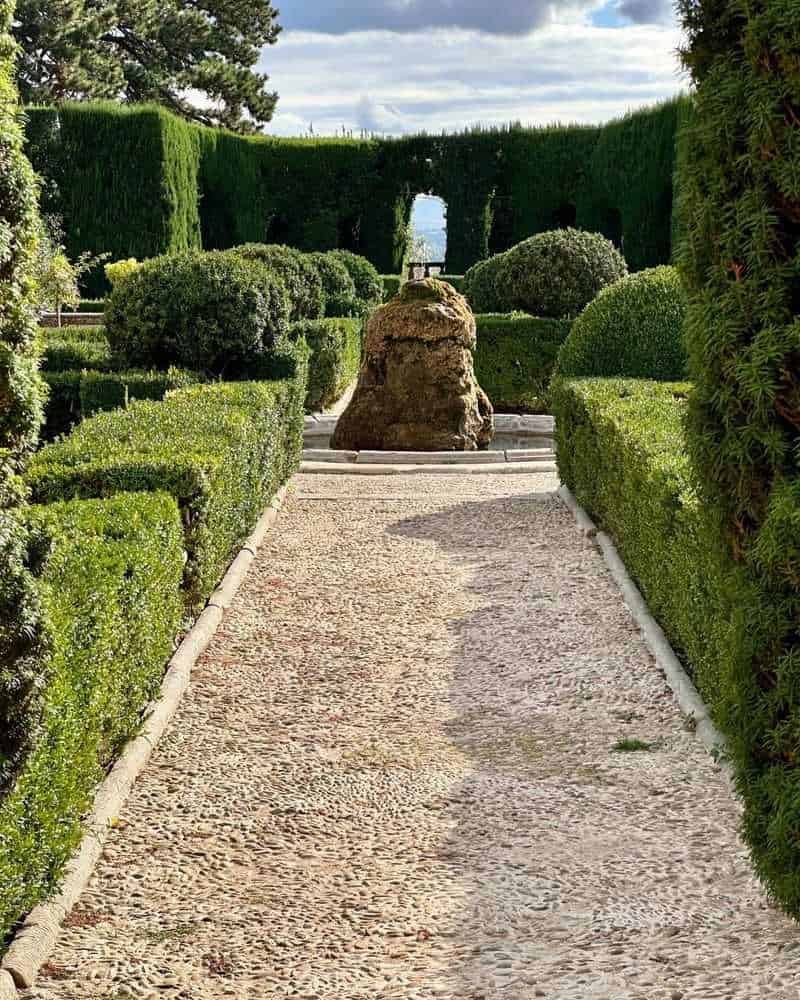
Hedges offer shelter and food for wildlife. They act as corridors for animals to move safely.
Choose native shrubs to create a dense hedge. Trim them selectively to avoid disturbing nesting birds.
Hedges support biodiversity, providing habitat for insects, birds, and mammals. They add structure and privacy to your garden, blending beauty and function.
5. Install Bee Hotels
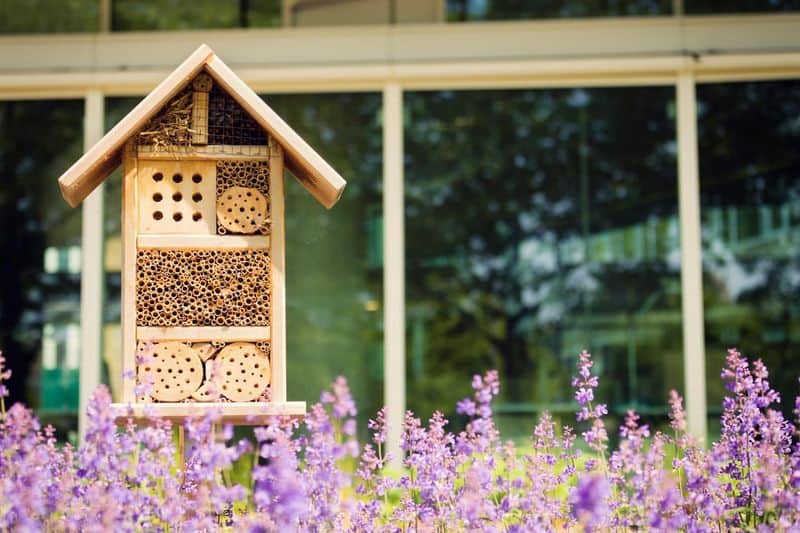
Bee hotels support solitary bees, essential pollinators. They offer nesting sites, boosting bee populations.
Place hotels in sunny, sheltered spots. Use untreated wood to construct them.
Regularly inspect and clean the hotels to maintain hygiene. Enjoy watching these vital insects thrive in your garden. Support their role in pollination.
6. Create a Compost Heap
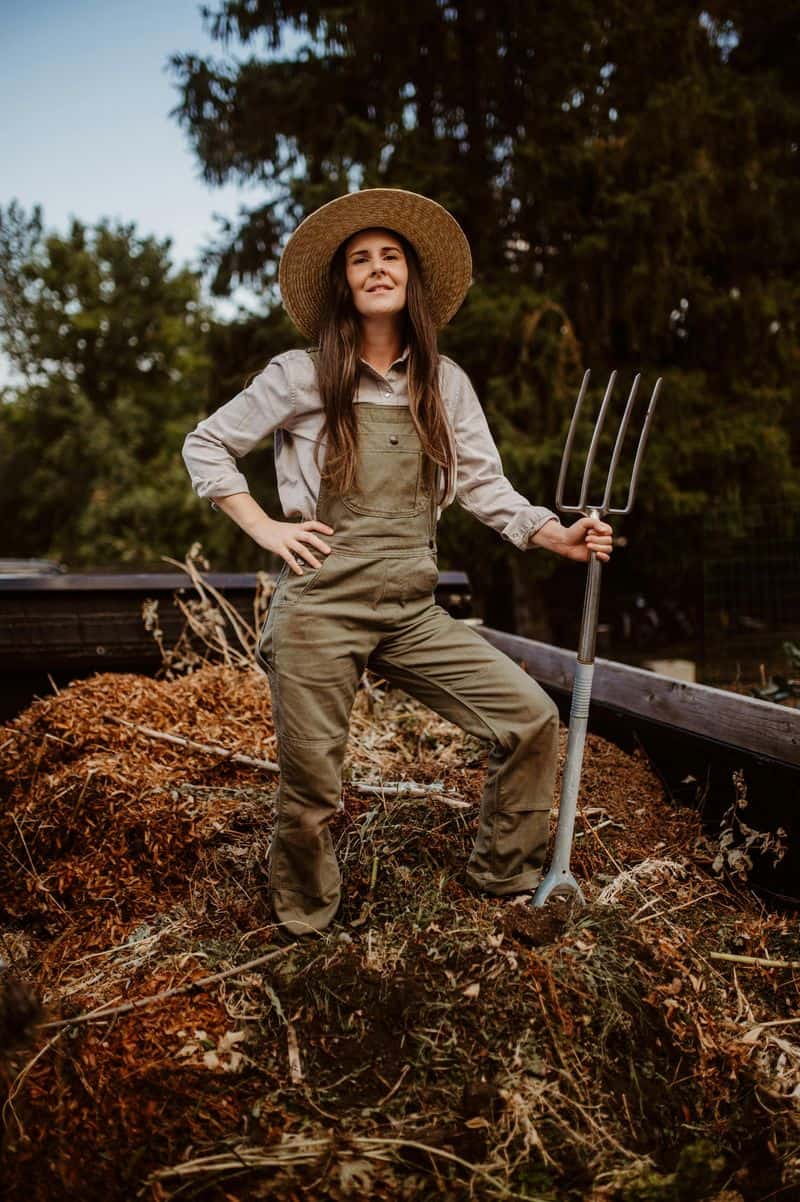
Composting recycles garden waste into nutrient-rich soil. It encourages beneficial organisms like earthworms and microbes.
Compost improves soil health, supporting plant growth. It reduces landfill waste, promoting sustainability.
Regularly turn the heap for aeration and faster decomposition. Your garden will thank you with lush, healthy growth.
7. Leave a Log Pile
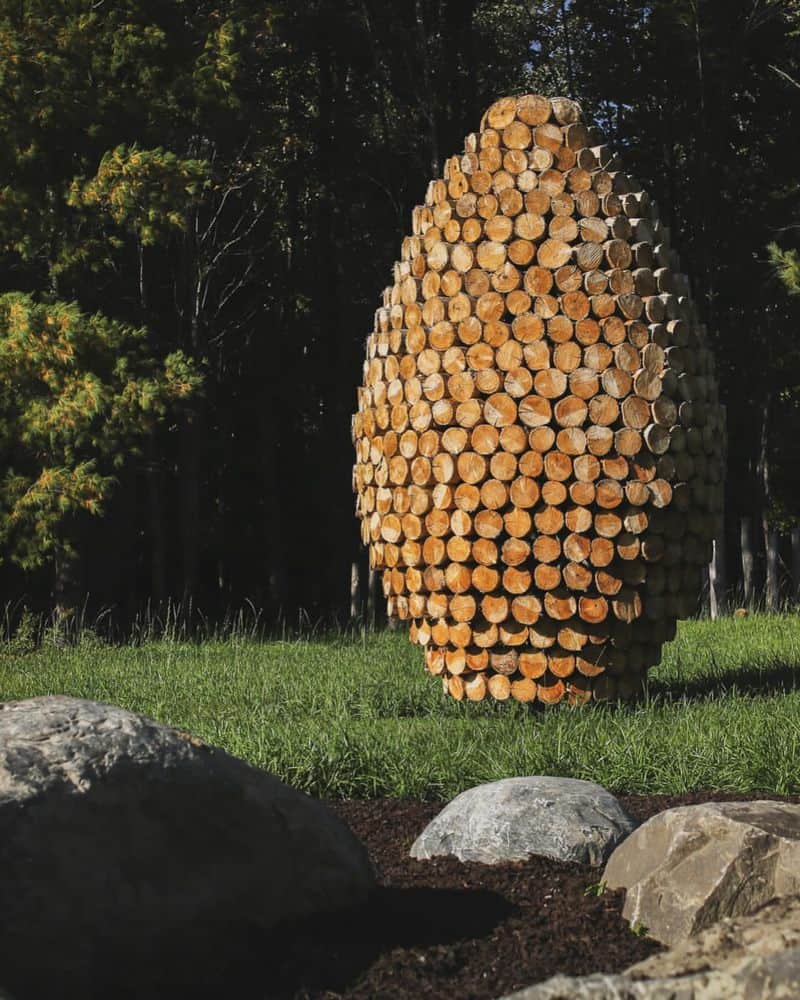
Log piles provide habitat and food for insects and fungi. They support creatures like beetles and lizards.
Place logs in a shaded area, letting them decay naturally. This process enriches soil and fosters biodiversity.
Log piles offer shelter for small animals and birds, contributing to a balanced ecosystem. Enhance your garden’s wild elements.
8. Install Bird Feeders
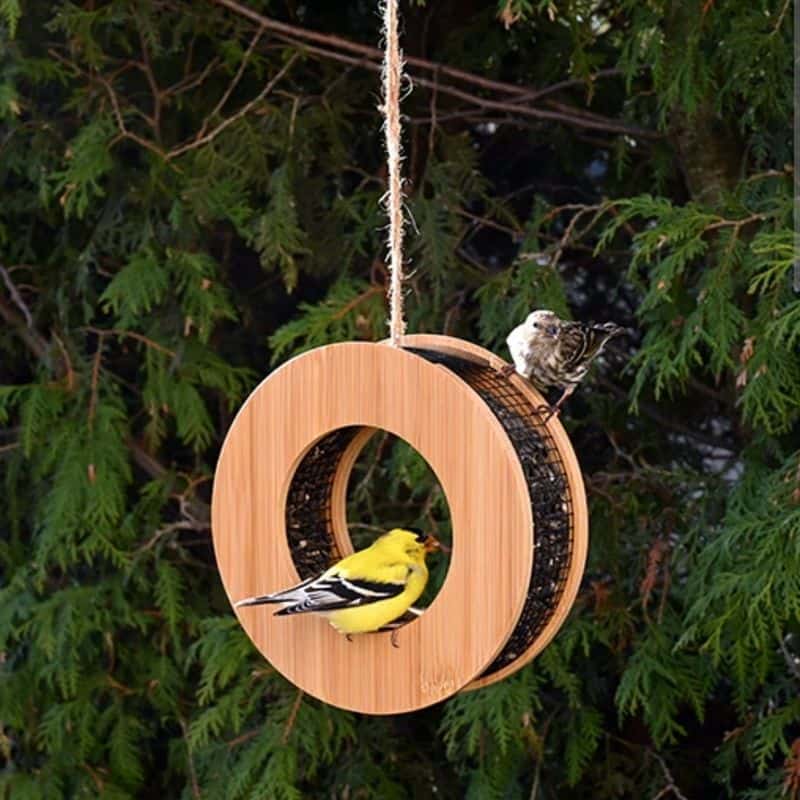
Bird feeders provide essential food, especially in winter. They attract different bird species to your garden.
Use quality seed mixes to cater to various birds. Clean feeders regularly to prevent disease.
Position feeders where birds feel safe from predators. Enjoy the vibrant birdlife that visits your garden.

